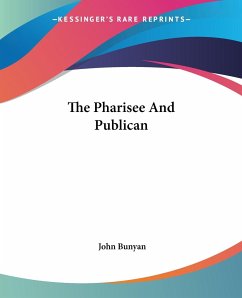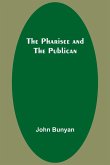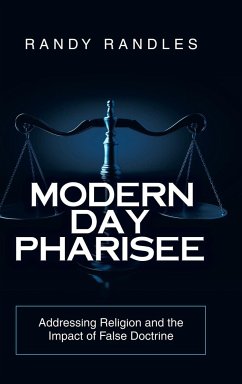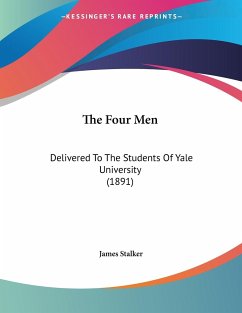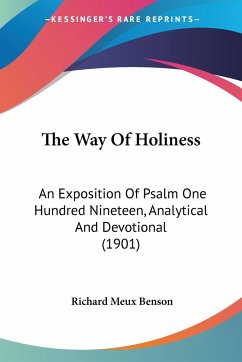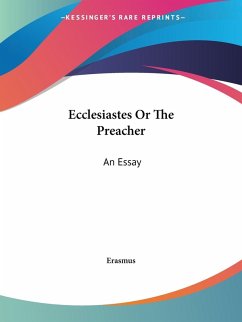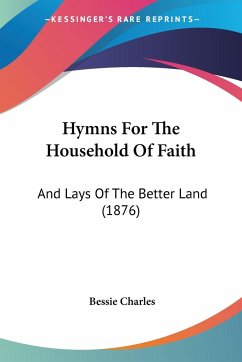""The Pharisee and Publican"" is a Christian allegory written by John Bunyan, the author of ""The Pilgrim's Progress."" The story is based on the parable of the Pharisee and the tax collector from the Gospel of Luke. In the book, Bunyan tells the story of two men who go to the temple to pray. The first man is a Pharisee, a member of a Jewish sect known for their strict adherence to religious law. The second man is a tax collector, a despised figure in Jewish society. The Pharisee begins his prayer by thanking God that he is not like other men, including the tax collector. He boasts about his own righteousness and religious observance. The tax collector, on the other hand, stands at a distance and beats his chest, confessing his sins and asking for God's mercy. Through the allegory, Bunyan emphasizes the importance of humility and repentance in the Christian life. He also warns against the dangers of pride and self-righteousness. ""The Pharisee and Publican"" is a short but powerful work that has been widely read and appreciated by Christians for centuries. Its simple yet profound message continues to resonate with readers today.Men must not be judged, or justified, according to what themselves do think, but according to the verdict and sentence that cometh out of the mouth of God about them. Now, the sentence of God is, ""All have sinned:"" ""There is none righteous, no, not one;"" Rom. iii. It is no matter, then, what the Pharisee did think of himself.This scarce antiquarian book is a facsimile reprint of the old original and may contain some imperfections such as library marks and notations. Because we believe this work is culturally important, we have made it available as part of our commitment for protecting, preserving, and promoting the world's literature in affordable, high quality, modern editions, that are true to their original work.
Hinweis: Dieser Artikel kann nur an eine deutsche Lieferadresse ausgeliefert werden.
Hinweis: Dieser Artikel kann nur an eine deutsche Lieferadresse ausgeliefert werden.

